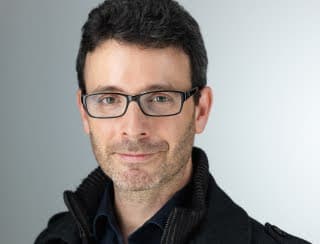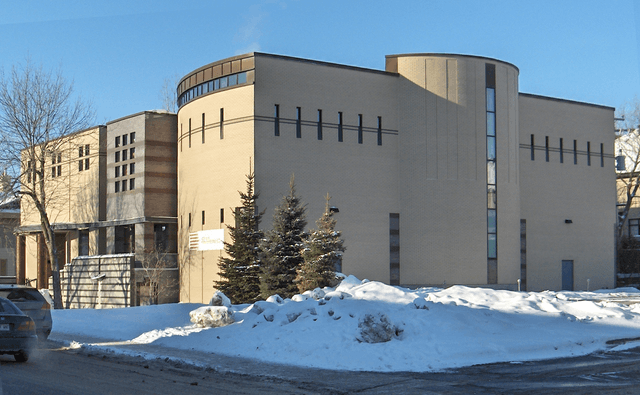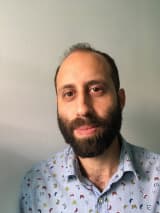In our quest at Nu Magazine to understand Jewish culture, we’ve been interviewing thinkers at McGill who have something to say on the subject. In our last article, we talked to Professor Christopher Silver; this week, we spoke with James McGill Professor Carlos Fraenkel.
Fraenkel teaches in both the Jewish studies and philosophy departments, where he focuses on medieval and ancient thought. In his teaching, he urges students to remain open-minded and wary of their fallibility: the truth could lie anywhere and come from anyone. That’s why his syllabuses include texts from ancient Greece, the Islamic Golden Age, and the 20th Century. As a student of his, you’ll read Maimonides and al-Ghazali, as well as Aristotle and Augustine.
When asked to talk about Jewish culture, Fraenkel immediately turned to history. “Most of my own Jewish identity really comes from the history, and I think it’s extremely idiosyncratic—and not easy to sum up.”
Fraenkel grew up in Germany, inheriting the cultural and intellectual influence of his German-Jewish paternal heritage and Brazilian Communist maternal heritage. As he puts it, he had “no clue about Judaism.” He grew up largely in a secular environment devoid of the “folkloristic Judaism” (Jewish summer camp, b’nai mitzvahs, etc.) that many North American Jews are familiar with.
His parents were in Germany as political exiles. As leftists, they had to leave Brazil during the military dictatorship. “They spent some time in Cuba contemplating guerrilla training…. My mother was too chicken, so they ended up in Europe.” But when Fraenkel was still young, his parents moved back to Brazil. “For my parents, it was return from exile; and for me it was exile.”
In Brazil, he became an “ardent German nationalist” to fill the void created by his lost idyllic childhood. His nostalgia for Germany was, in due course, quashed by his German-Jewish grandparents, who gave him a book about the Holocaust. This was Fraenkel’s first encounter with Jewish identity. “Suddenly, I had to contend with this reality. It really messed up my love of Germany for good.” Fraenkel describes his then-self as “caught in-between.”
He eventually found solace in intellectual inquiry. In particular, Fraenkel sought to understand the roots of Western civilization, which he viewed as sprouting equally from the Biblical Jewish tradition and the rational, Athenian tradition.
“I wanted to understand the foundations of Western civilization from the bottom up. And I had the sense that Western civilization was made up of two main building blocks . . . Greek philosophy on the Athenian side and Biblical prophecy on the Jewish side.” Fraenkel chose Medieval philosophers as the subject of his studies, viewing them as caught between these two traditions. Medieval philosophers came in all confessional stripes, and Fraenkel was drawn more to the Jewish ones, simply due to his personal connection.
This endeavour brought him to Israel. “If I want to be a part of a Jewish community, why not go to that which is biggest and seems most interesting?” In Israel, he promptly learned Hebrew, got a PhD, and wrote his first book (in Hebrew). But he ultimately didn’t fit in there either. What he had hoped to be a land of intellectuals and tortured novelists like Arendt, Einstein, and Kafka ended up being far more complicated. As he put it, “I realized I didn’t come to modern-day Athens but modern-day Sparta.”
“Feeling [like] a misfit everywhere—Germany, Brazil, and Israel too—I kind of ended up settling on a more distinctly and more combative secular identity. What I really like is going to the opera and reading good books and discussing philosophy. That’s really who I am. Not German, not Brazilian, not Jewish, or Israeli, or any of those things.”
In the end, our conversation didn’t produce anything resembling a definition of Judaism or Jewish culture. We couldn’t think of anything that made us Jewish in the same way that Moses and Maimonides were. For Fraenkel, Jewish identity was not a concrete aspect of his life that followed him everywhere. Rather, it was an elusive, ill-defined goal that motivated his intellectual and geographic journey, bringing him from Germany to Brazil to Israel and eventually to Montreal.
Powered by Froala Editor






